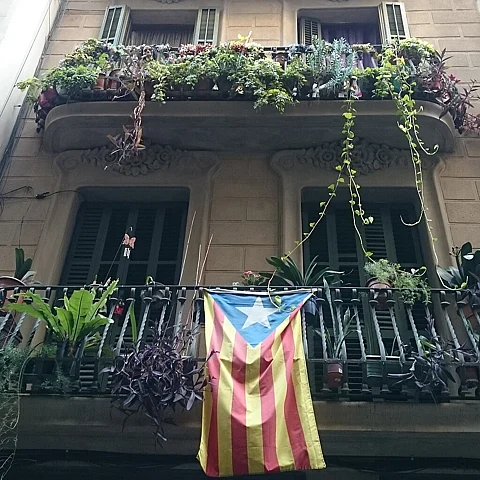

Spain’s bid to grant Catalan, Galician, and Basque official language status in the European Union was blocked on Tuesday after several member states raised objections over the administrative and financial implications of the move.
The proposal, which required unanimous approval from all 27 EU nations, was discussed during a meeting of EU affairs ministers but failed to gain consensus. While a majority of countries expressed willingness to support the measure, a minority requested more time to assess its impact.
“Many countries were prepared to back the request, but a few asked for further discussion, and we agreed to allow it,” said Pilar Alegría, the Spanish government’s chief spokesperson. “We will continue working on this.”
The push dates back to 2023, when Spanish Prime Minister Pedro Sánchez struck a deal with Catalan separatist lawmakers to secure their support for his minority government. As part of the agreement, Sánchez pledged to seek EU recognition for Spain’s regional languages by amending Regulation 1/1958, which currently lists 24 official EU languages.
Official status would require translating all legal acts—including the EU’s daily official journal—and providing real-time interpretation during debates in the European Parliament and Council. The European Commission previously estimated the annual cost at €132 million, with each language adding €44 million to the budget.
The proposal has faced resistance from the outset. An initial attempt in September 2023 was swiftly rejected, despite Spain’s offer to cover the additional costs. Since then, Madrid has engaged in months of behind-the-scenes diplomacy to rally support.
However, skepticism remains. Finland’s European Affairs Minister, Joakim Strand, told reporters the issue was “not mature yet,” citing concerns raised by the EU Council’s legal service. Sweden and Austria also emphasized the need to balance linguistic diversity with practical considerations.
France, while sympathetic, stressed the need for consensus. “We want to find a solution with our Spanish friends,” said Benjamin Haddad, France’s minister delegate for European affairs. “But it must respect European law.”
The setback could strain Sánchez’s fragile coalition, which relies on the support of regional parties, including Junts per Catalunya, a separatist faction led by exiled leader Carles Puigdemont. Catalan President Salvador Illa has framed the issue as a matter of identity, telling Euronews in February: “This is about respecting European citizens. Over 20 million people speak these languages.”
Critics, however, fear the move could set a precedent for other minority languages, further straining the EU’s €1 billion annual translation budget. Only Denmark and Slovenia publicly backed Spain’s proposal, while Germany and others reportedly raised concerns.
With no clear path forward, Spain faces an uphill battle to revive the proposal—leaving Sánchez’s domestic allies increasingly frustrated.